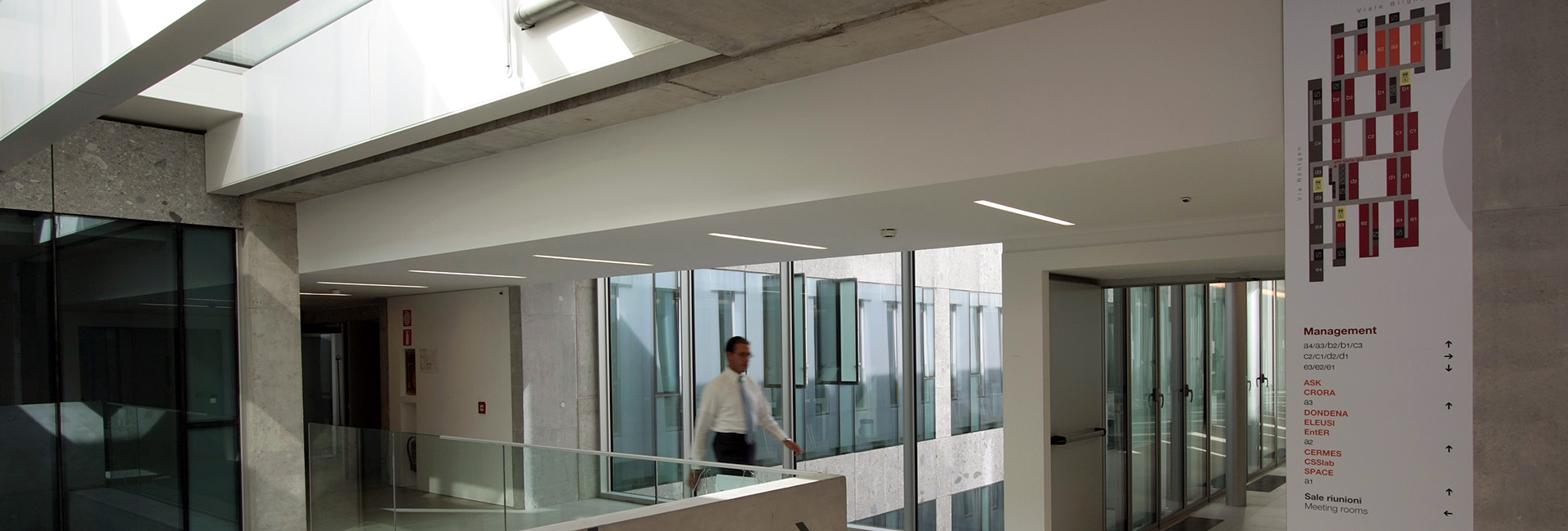Eventi del
11 2013 08:45 - 13:00
Aula Manfredini
Diritto Internazionale
Digest of European Tort Law
Giovanni Iudica, Università Bocconi;
Arnstein Aassve, Director, Bachelor of International Economics, Management and Finance, Università Bocconi;
Bénédict Winiger, Université de Genève;
Ernst Karner, Universität Wien;
Franz-Stefan Meissel, Universität Wien;
Alessandro Scarso, Università Bocconi;
Martin Hogg, Edinburgh Law School;
Emanuele Lucchini Guastalla, Università Bocconi;
Eoin Quill, University of Limerick.
Angelo Sraffa Department of Legal Studies in collaboration with Undergraduate School
Bachelor of International Economics, Management and Finance.
Presentation of the research project on Misconduct.
The research project will be supported financially by the Austrian Science Fund and the Swiss National Science Foundation.
The “Digest of European Tort Law” is a product of a very ambitious research project: a collection of court decisions from almost all European jurisdictions on the most fundamental aspects of tort law. These cases are not only accumulated, but also structured, analyzed and commented on both from a national as well as a comparative perspective. Historical aspects are also considered, as are future trends, as outlined by current projects on the harmonization of European tort laws. This complex comparative study thereby gives not only guidance for researching cross-border cases, but also allows for a discussion of such harmonization projects on the basis of real-life case settings.
As with the first two volumes on Natural Causation and Damage, the “Digest of European Tort Law” group aims to contribute to a better understanding of tort law in Europe. Moreover, if private law, or parts of it, should be unified one day into a European Civil Code, jurists would
quickly need case law to specify its provisions. Contrary to new or revised national codes, which are generally based on a coherent national jurisprudence, the European Code would constitute an amalgamation of traditions, and would not be backed up by a systematic body of previous decisions. To fill this gap, the judges may initially want to refer to the cases collected in this Digest, upon which a genuinely European jurisprudence can be built.





